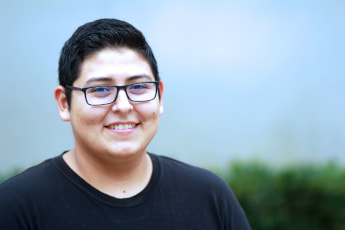Lee, a fourth-year doctoral student specializing in Learning, Teaching, Cognition, and Development, is focusing her graduate research on mathematics education, teacher effectiveness, reflective practice in teaching and learning, and use of classroom videos to improve instruction. Santagata is her advisor. Sandoval, also a fourth-year doctoral student specializing in Learning, Teaching, Cognition, and Development, researches teacher professional development, teacher learning, and improvement science. He is advised by Associate Professor Elizabeth van Es. Chapter Summary Research on mathematics teacher professional development (PD) underscores the importance of context and of school and district leadership in the design of successful learning experiences for teachers. PD fails when disconnect exists between researchers and practitioners, visions are not aligned, and the design of PD does not attend to the systemic nature of teacher learning. Research-practice partnerships (RPPs) offer new insights into our understanding of relationships between researchers and practitioners and a specific set of tools to integrate these relationships in the design of effective PD. RPPs are long-term, are focused on problems of practice, are committed to mutualism, use intentional strategies to foster partnership, and produce original analyses. Instead of considering contextual variables as simply factors that either support or inhibit PD outcomes, RPPs consider context as an integral aspect of a complex system of improvement. In this chapter, we examine the distinctive characteristics of RPPs and discuss how this approach is different from other improvement efforts in education. We then present three mathematics teacher education projects that were designed as RPPs, and operated at different scales, to illustrate the promises of this approach. We conclude by examining the commonalities and variations across the three cases and offer suggestions for future directions.
Comments are closed.
|
Resources for:
|
|




